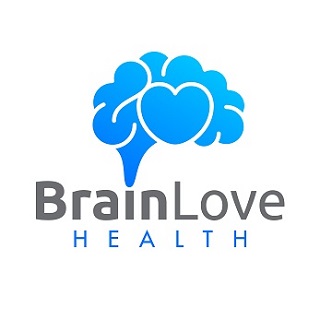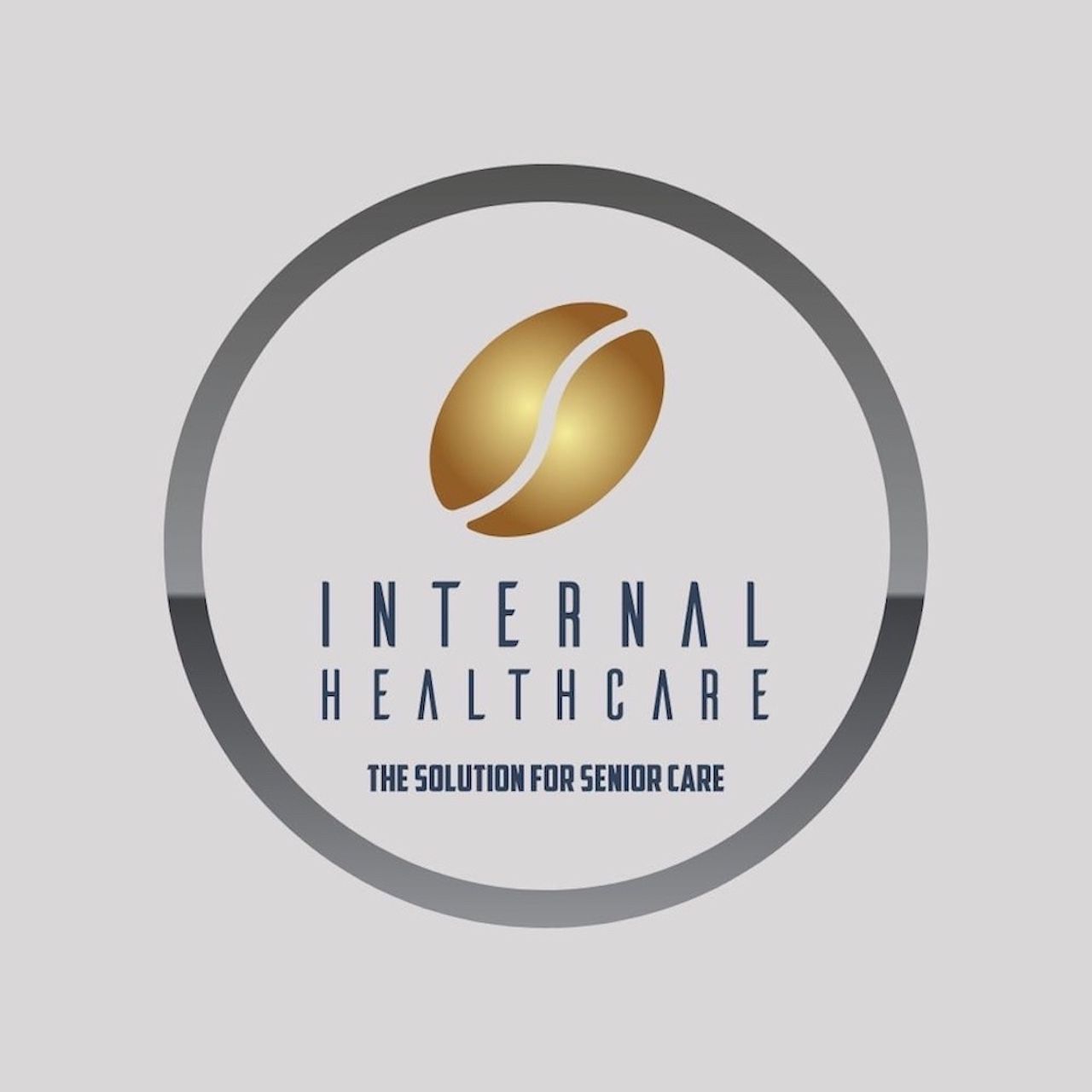Alpha-1 Europe Alliance Established to Advocate for Access to Best Available Care and Therapies for All Individuals Living with Alpha-1 Antitrypsin Deficiency in Europe
BRUSSELS – Nov. 9, 2023 – PRLog — The European alpha-1 antitrypsin deficiency (AATD or alpha-1) patient community is proud to announce that, as of 17 October 2023, the newly formed Alpha-1 Europe Alliance, based in Belgium, is established and operational. For the past year, leaders of national alpha-1 patient organisations across Europe have been working to create an Alliance that would represent alpha-1 national patient organisations in Europe and advocate for access to timely diagnosis, individualised care, and holistic therapies.
Founding members of the Alliance are Alpha-1 Plus (Belgium), Alpha-1 Deutschland (Germany), Associazione Nazionale Alfa1-AT ODV (Italy), Alfa-1 España (Spain), Alpha-1 Verein Schweiz (Switzerland)
“Working together to create the Alpha-1 Europe Alliance has brought together the alpha-1 European community like never before. As the proverb says, if you want to go fast, you go alone and if you want to go far, you go together. This Alliance will go far and will represent our voices in regional and international discussions and ensure solidarity in our approach to improving the experience of individuals living with alpha-1 in Europe,” said Fernanda Aspilche Ferro, Steering Committee member of the Alpha-1 Plus Belgium and president-elect of the board of the Alpha-1 Europe Alliance.
Through its work, the Alpha-1 Europe Alliance aims to:
- Represent the voice of the European alpha-1 patient community among European and international stakeholders
- Advocate for pathways to access timely diagnosis and the best existing and future treatment and holistic care
- Foster research on alpha-1 with the goal of finding a cure
- Serve as the European point of contact to support patients and experts in early engagement in research and clinical trials
- Raise awareness and educate healthcare providers, specialists, policymakers, and the general public on alpha-1
- Support national alpha-1 patient organisations in strengthening their capacities and reach
As such, the work of the Alpha-1 Europe Alliance will include partnering with relevant stakeholders to engage in policy discussions, foster research toward a cure, and ensure patients’ involvement in research and clinical trials. The Alliance will also undertake campaigns to familiarise the European population with the challenges of living with alpha-1. Throughout its work, the Alliance will support member organisations in building their network, reach, and capacity by providing timely news, connecting them to experts, and offering targeted programs and training.
“The more we are, the stronger we can represent our interests vis-à-vis politics, the pharmaceutical industry and research. Knowledge exchange, transnational research and a professional presence in Europe will enable us to generate tangible outcomes for our patients and can bring us closer to the goal of the best possible treatment and ultimately help in the search for a cure,” said Heinz Stutzenberger, PhD, vice-president of Alpha1-Deutschland and vice-president-
The Alliance would like to thank the partners that supported and encouraged its creation, including Alpha-1 Global, Alpha-1 Foundation (United States), European Alpha-1 Research Collaboration (EARCO), EURORDIS, Lupus Europe, IPOPI, HHT Europe, and European Idiopathic Pulmonary Fibrosis and Related Disorders Federation (EU-IPFF). They would also like to thank the industry partners that made this possible: CSL Behring, Grifols, and Takeda, and acknowledge the support of Mereo Biopharma.
About alpha-1 antitrypsin deficiency
Alpha-1 antitrypsin deficiency, commonly known as alpha-1, is a genetic condition that may result in lung, liver, and/or skin diseases. It arises from a deficiency of the critical protein alpha-1 antitrypsin (AAT) in the bloodstream, primarily produced by the liver. AAT safeguards the body’s tissues, especially the lungs, from inflammation triggered by infections and irritants. Reduced AAT levels result from abnormal accumulation of AAT in the liver, leading to both liver and lung disease. Skin disease, referred to as panniculitis, can also develop. Diagnosis involves blood tests for AAT levels and phenotyping to identify gene mutations.
About Alpha-1 Europe Alliance
The Alpha-1 Europe Alliance is a non-governmental, non-profit, patient-driven alliance representing alpha-1 patient organisations across Europe. Our member organisations play a crucial role in advocating for the needs and rights of alpha-1 patients, their families, and caregivers in their respective countries.
For more information about the Alpha-1 Europe Alliance, please visit our new website at www.alpha1europe.org.
Become a Member
Full Membership is open to all regional, national, or international registered patient organisations working in Europe that support people affected by alpha-1 antitrypsin deficiency and associated diseases. Associate Membership is available to organisations that uphold our values, and individuals interested in supporting alpha-1 advocacy efforts in regions without established organisations.
For more information about joining the Alpha-1 Europe Alliance, please contact [email protected].






